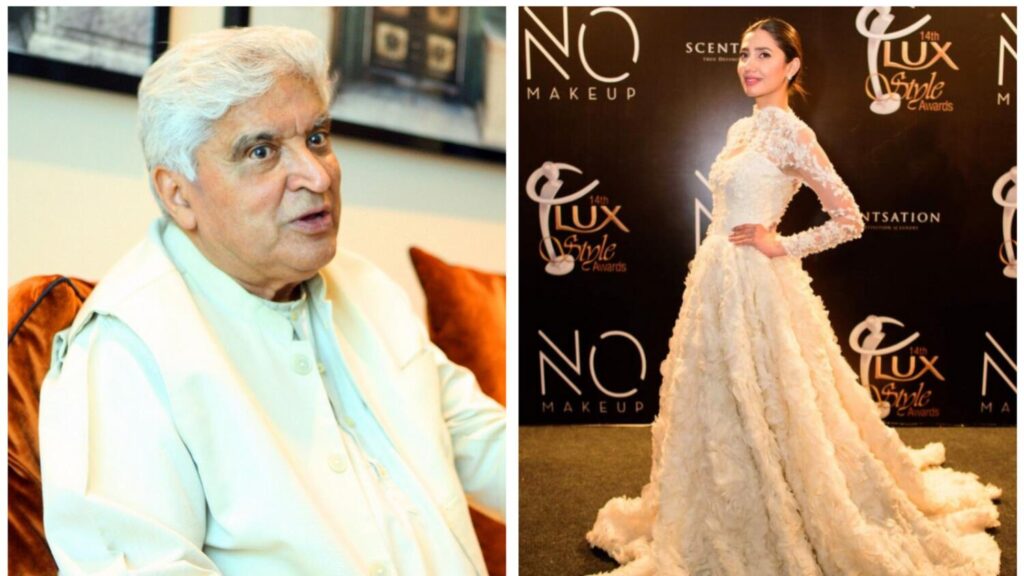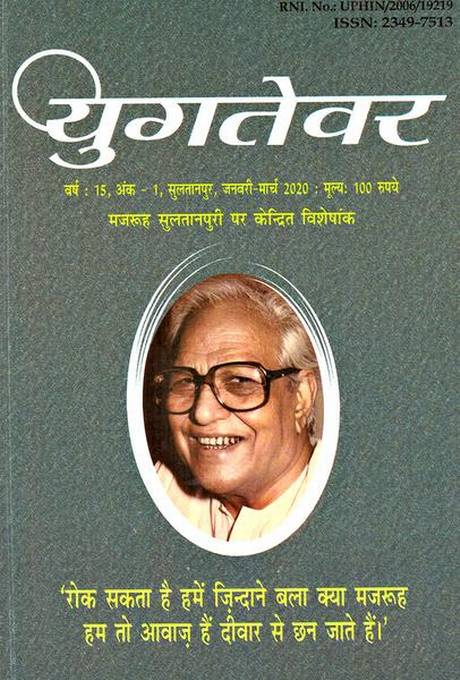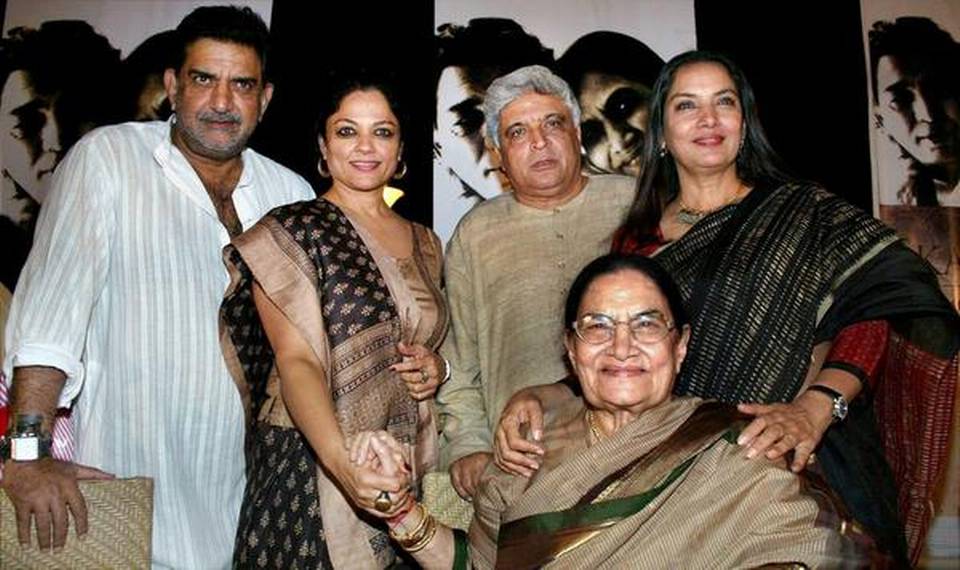Dubai, UAE:
Jashn-e-Rekhta to be held at Zabeel Park from January 27-28

After enchanting audiences in India for eight years and making its international debut in London just three months ago, the celebrated literary fest, Jashn-e-Rekhta, is poised to captivate Dubai.
A celebration of the quintessential spirit of the Urdu language, the cultural extravaganza promises two days filled with luminaries from the Urdu literary world, presenting an engaging blend of poetry, talk shows, ghazals (songs), and storytelling.
Commencing at Zabeel Park at 1.30 pm on January 27, the festival kicks off with a thought-provoking panel discussion titled ‘Urdu Tehzeeb aur Rishton ki Lazzat Ki Lazzat’, (The Delight of Urdu Culture and Relationships.) Renowned Bollywood lyricist and poet Javed Akhtar, along with Pakistani human rights activist Arfa Sayeda Zehra, will engage in conversation with Adeel Hasmi.
It will be followed by ‘Dozakh’ (Hell), a stage rendition of Ismat Chughtai’s Urdu play (2.30pm – 4pm), and a soul-stirring Sufi concert, ‘Naghmo’n ki Maseehaii’ by Ustad Shafqat Ali Khan (4.30 pm – 6 pm). The evening’s highlight will be ‘Raqs-e-Naa Tammam,’ portraying the life of the legendary singer Noor Jehan, presented by Shinjini Kulkarni, Danish Iqbal, and their troupe, starting at 7.15 pm.
A must-not-miss event of the evening is ‘Shab-e Rafta,’ (Night of departure) an enchanting session of Sufi music scheduled from 9pm to 11pm.
The final day features a compelling talk show (1.30pm – 2.30pm) with Pakistan’s film industry’s iconic couple, Sameena Peerzada and Usmaan Peerzada, who, having been married for 48 years and together for 50 years, share their journey through numerous challenges. This will be followed by ‘Kahaani se Kirdaar Tak’ (2.30pm – 3.30pm), an interactive session featuring Pakistani actress Mahira Khan and veteran Indian actress Shabana Azmi, in conversation with the renowned Indian filmmaker and actor Shekhar Kapur.
Next on the agenda is ‘Main Koi Aisa Geet Gaau’n,’ (I will sing a song like this) (4pm-6pm), a masterpiece project entwining poetry, songs, narration, and music, featuring Javed Akhtar, Meiyang Chang, and Jahnvi Shrimankar with a live band.
The pinnacle of the literary fest is the grand international mushaira (poetic symposiums) titled ‘Gehan aur Dhoop,’ showcasing acclaimed poets such as Anwar Shaoor, Farhat Ehsad, Zehra Nigah, Shakeel Azmi, Abbas Tabish, among others.
Initially set to take place at the same venue in Dubai in February 2019, Jashn-e-Rekhta faced an unexpected last-minute cancellation. However, it was revived and now promises a celebration embodying the spirit of Urdu featuring poetic mastery, talk shows, soulful ghazals, and captivating storytelling, adding another layer to the city’s already vibrant cultural tapestry.
Sanjiv Saraf, founder of Rekhta Foundation, a not-for-profit organisation dedicated to the preservation and promotion of Urdu, said that the UAE, especially Dubai, is a global events destination, and its cosmopolitan character has broadened the scope of Urdu as a popular medium of speech. “In choosing Dubai, we embrace the city’s thriving Urdu-speaking community, a testament to the rich demographic diversity in the heart of the UAE. In the current geopolitical climate, Jashn-e-Rekhta in Dubai stands out as a beacon of cultural unity, transcending political divides and fostering connections through the universal language of poetry and shared cultural heritage.”
Dubai is presently witnessing an Urdu Renaissance, hosting more mushairas (poetic symposiums) than any other place on the globe. Organisers affirm that Jashn-e-Rekhta, held under the patronage of Sheikh Nahyan Bin Mubarak Al Nayhan, Minister of Tolerance and Co-existence, guarantees a rich cultural fusion, weaving the essence of the Urdu language, its literature, and culture into the cosmopolitan fabric of the UAE for the very first time.
Anticipating a turnout of 15,000, including visitors from India and Pakistan, the festival will also offer diverse culinary delights at Aiwan-e-Zaiqa Food Bazaar, curated to bring you the flavours of Indian, Pakistani, Arabic, and other cuisines. Furthermore, participants will have the opportunity to explore Rekhta’s Urdu Bazaar, showcasing stalls with a variety of art, handicrafts, merchandise, books, and more.
Tickets, including the Zabeel Park entry fee, are priced at Dh75 and can be purchased on Platinum list.
source: http://www.khaleejtimes.com / Khaleej Times / Home> Lifestyle> Arts & Culture / by Mazhar Farooqui / January 02nd, 2024










